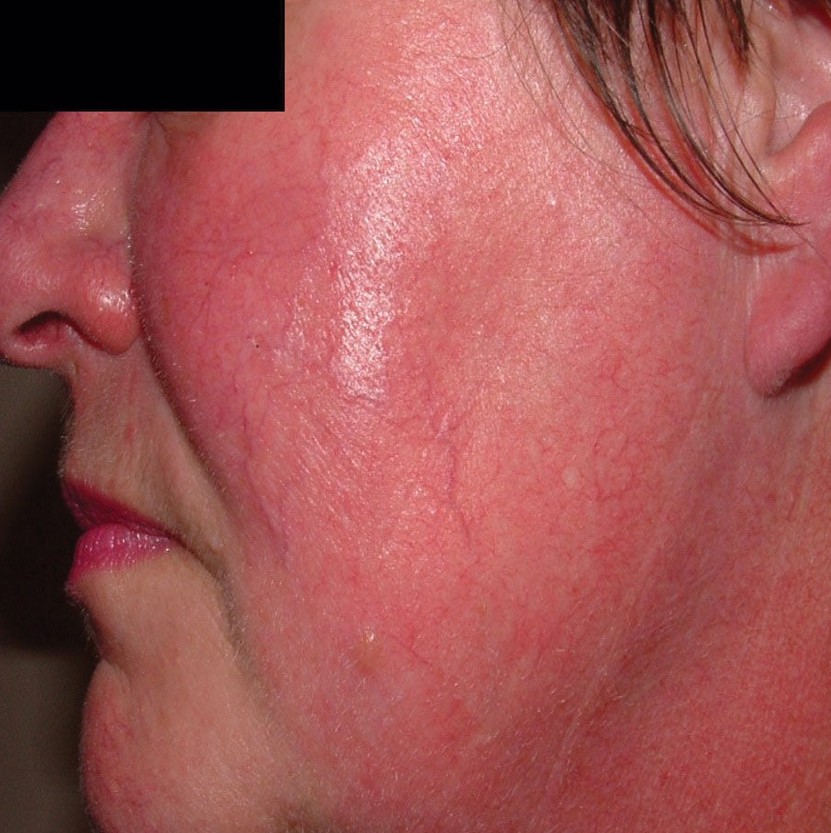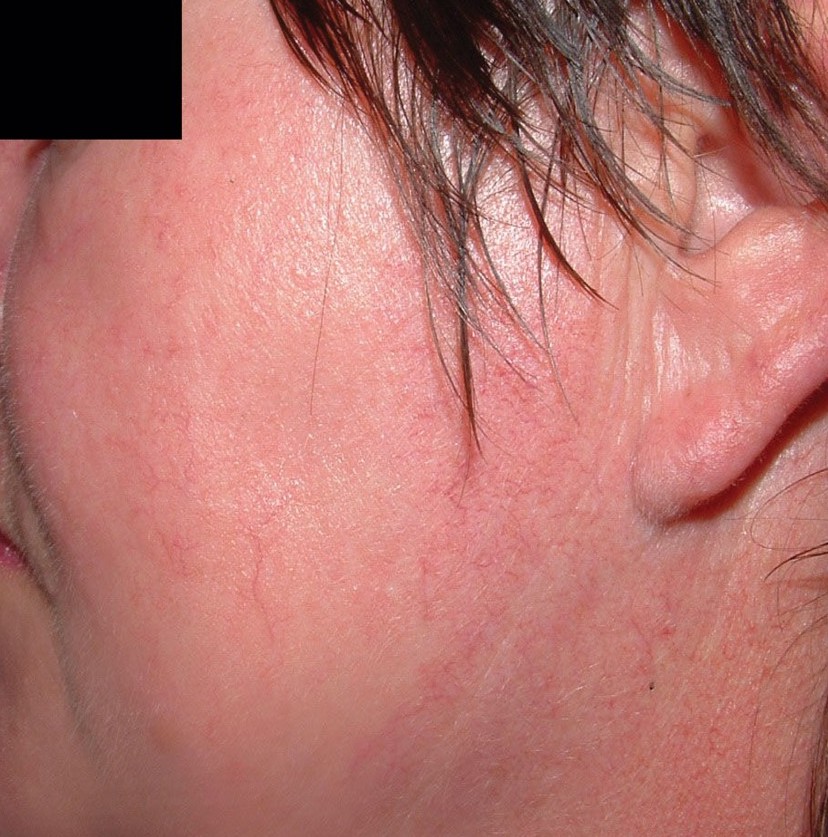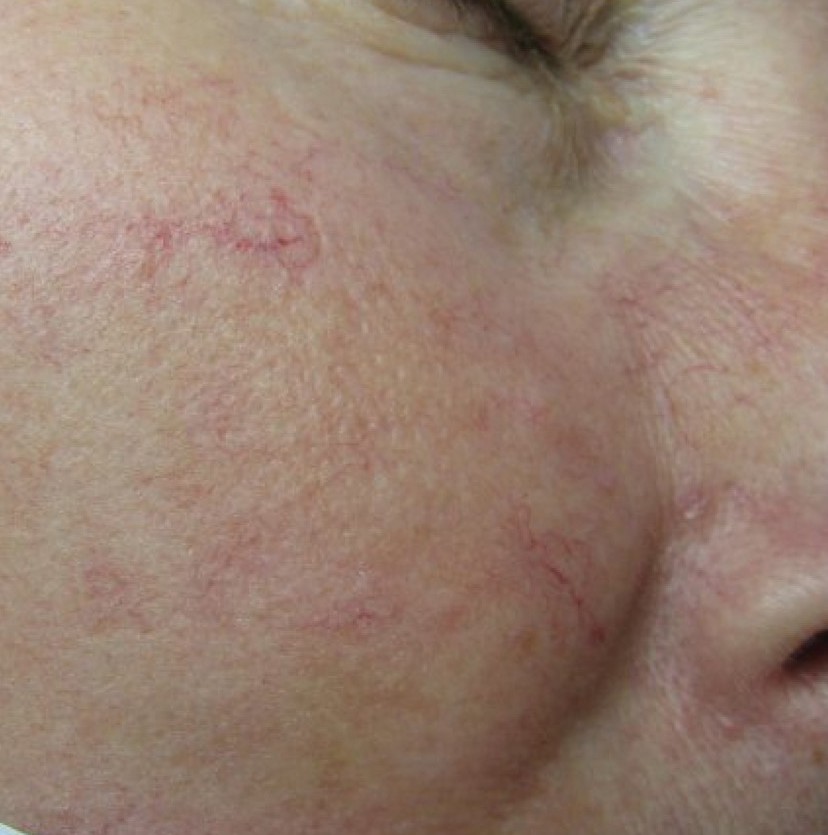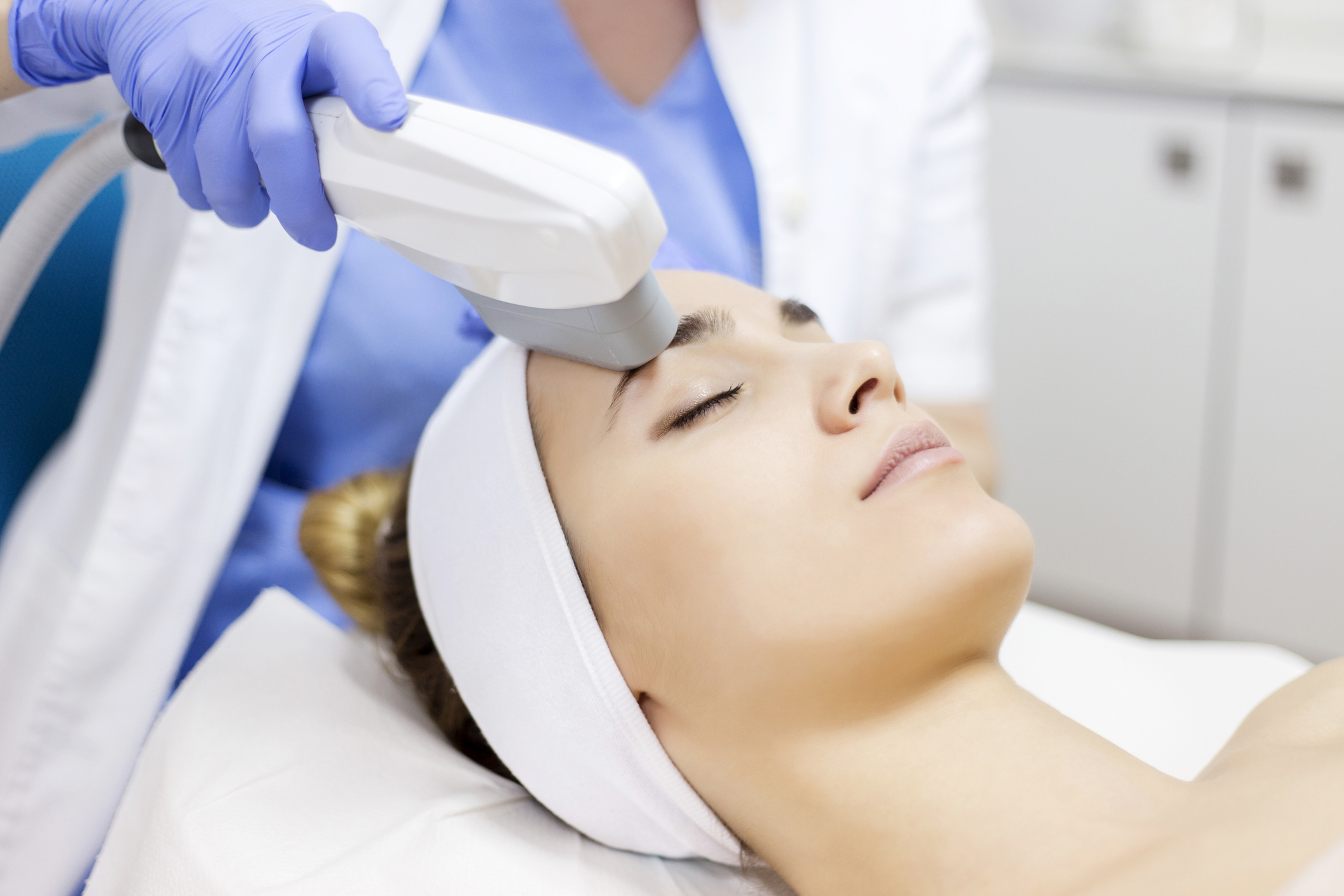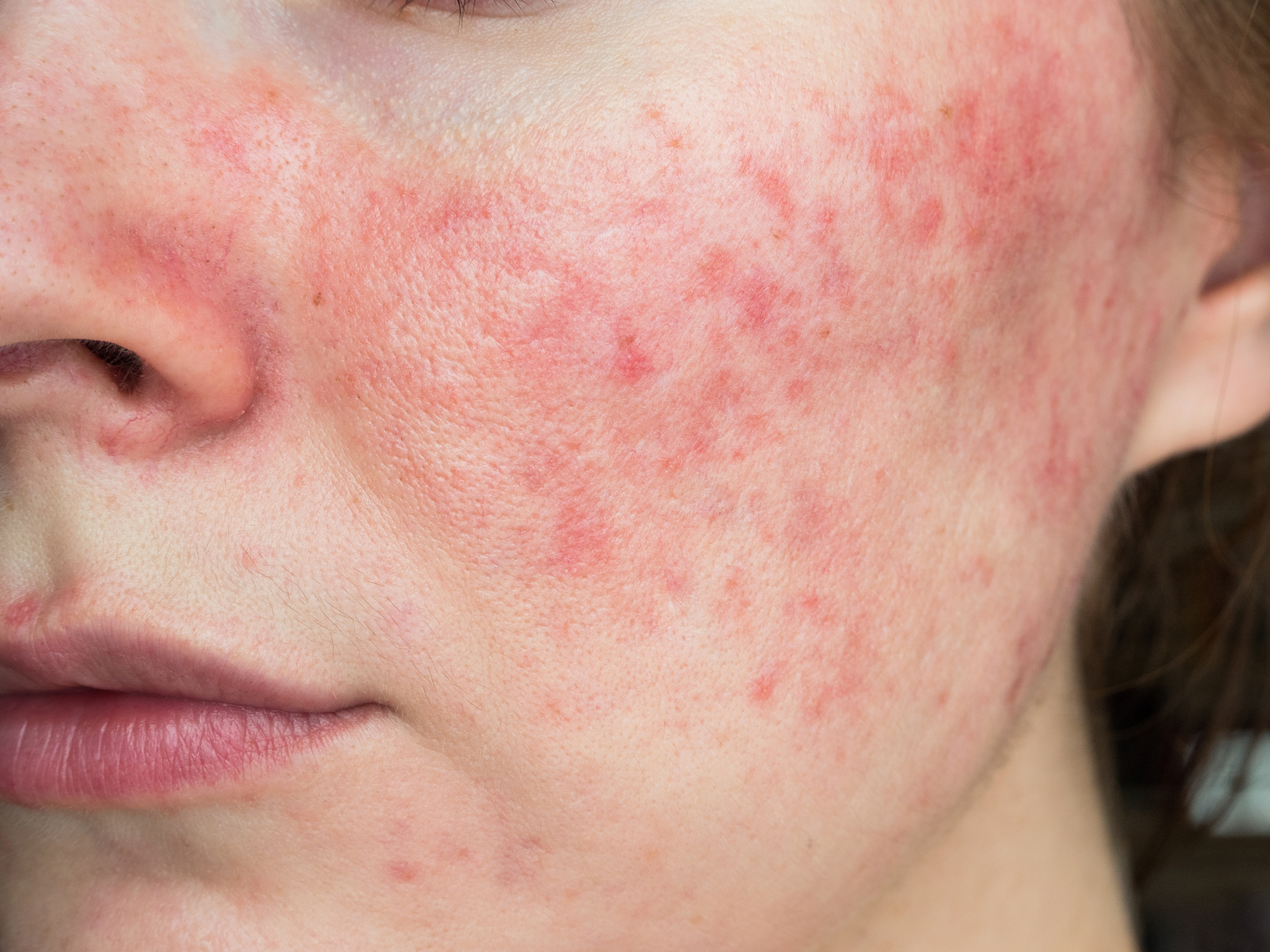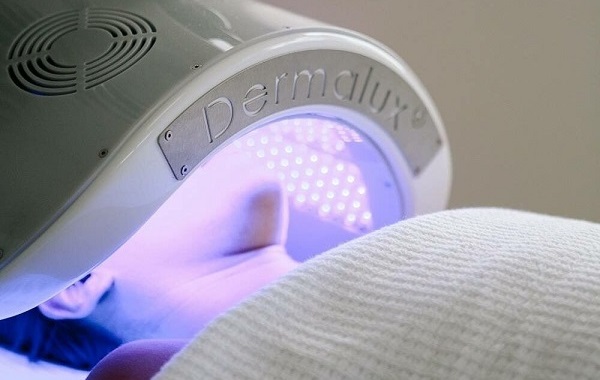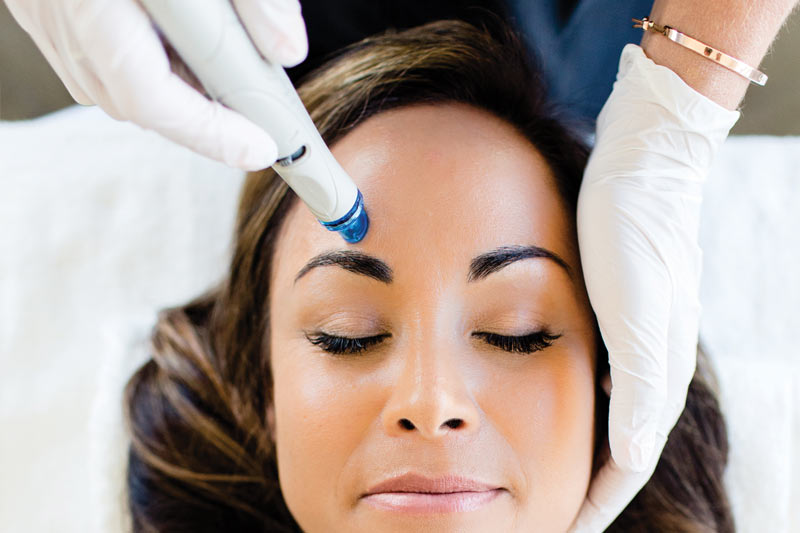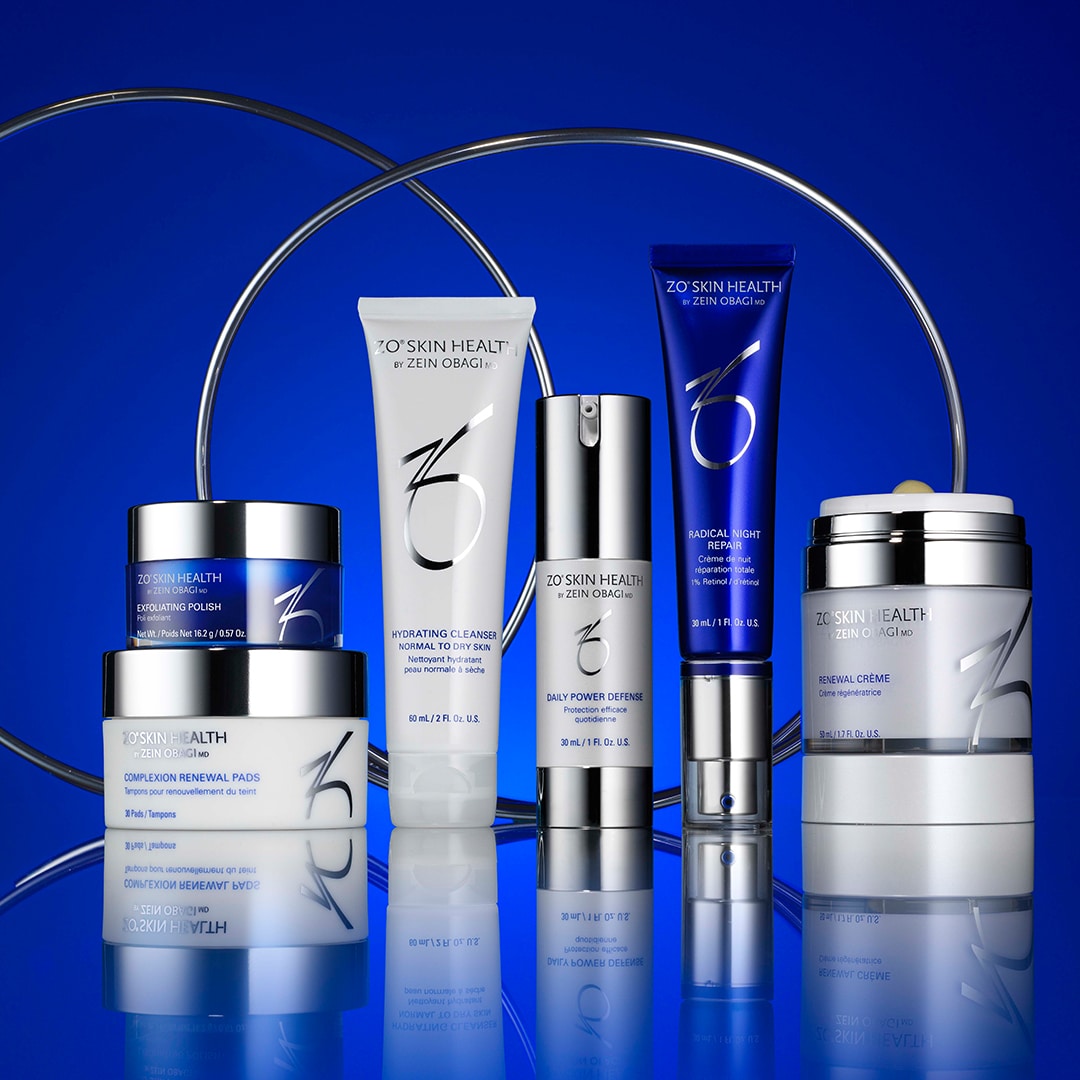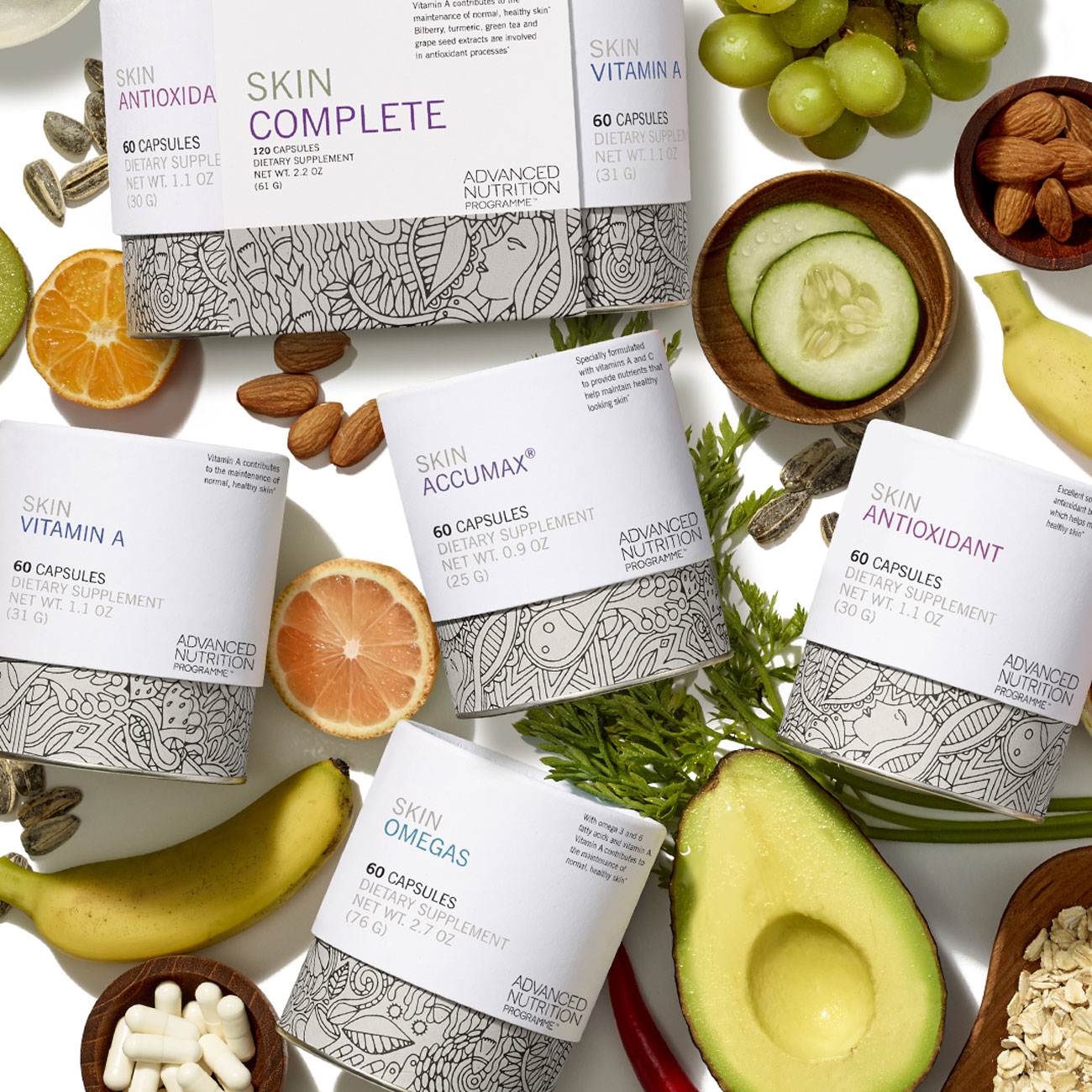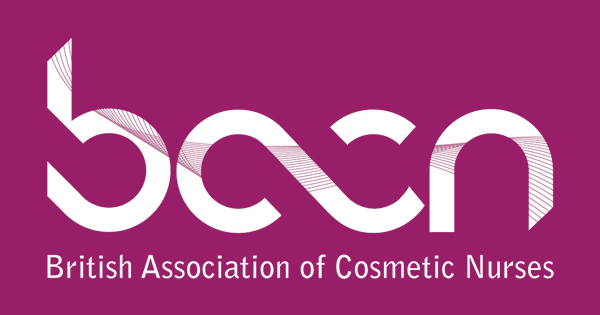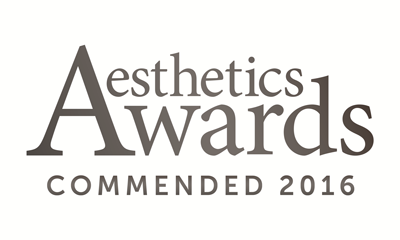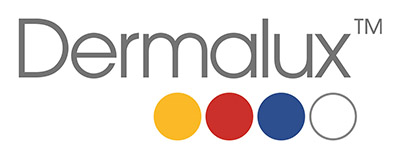Rosacea
Manage the symptoms of Rosacea for the skin confidence you deserve.
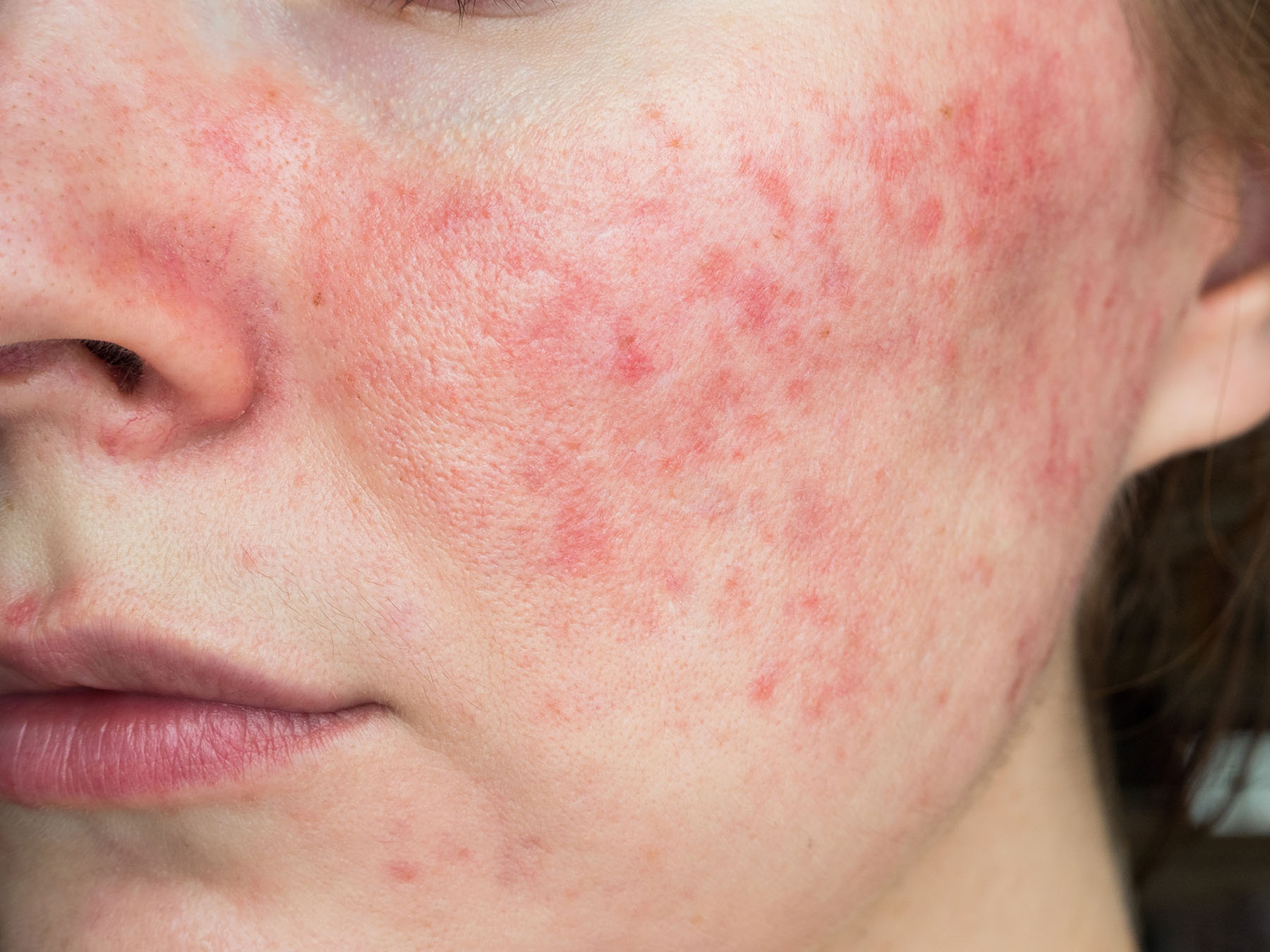
What is Rosacea?
The cause of Rosacea is unknown, however it is a long term skin condition, that if left untreated can progressively worsen. It is more common from middle age, and those with fair skin types and women can be more prone than men. Rosacea can result in facial redness, flushing, papules, pustules, thickened skin, dilated/broken blood vessels, and can also affect the eyes and appearance of the nose. Rosacea can be triggered by a number of factors including temperature, spicy foods, alcohol, exercise and emotions.
Rosacea Transformations
https://staffordshireskinandlaser.co.uk/concerns/body/stretch-marks/
TREATMENTS THAT CAN HELP
FAQs
You’ve probably got some questions, but before you get in touch, we’ve answered the most common ones here.
-
What are the different types of Rosacea?
There are different subtypes of Rosacea – these include
- Type 1-Erythematotelangiectatic Rosacea (flushing/telangiectasia)
- Type 2- Papulopustular Rosacea (flushing, spots-maybe of any severity and may become nodulocystic)
- Type 3- Phymatous Rosacea (lumpy swelling of the skin (rhinophyma)
- Type 4- Ocular Rosacea (dry, gritty eyes/red eyes)
-
Genetics and Rosacea
As with many skin concerns, people with a family history of rosacea are more likely to develop the disorder. However, at this time the exact genes related to an increased risk for rosacea have not yet been identified. Although genetics alone will not determine your risk of getting Rosacea as other factors such as lifestyle and environmental factors will also contribute.
-
Are hormones linked to Rosacea?
Rosacea is more common among women than men, particularly among those who are experiencing the menopause. During menopause, the loss of oestrogen leads to changes in the skin. The epidermis and dermis thickness reduces, while collagen and elastin levels are decreased such changes can lead to skin dryness, wrinkles and fragility, which, in turn, can increase skin trauma risk. Furthermore, these changes can cause some women to develop acne or rosacea. Flushing and the sensation of warmth in the face are common features of menopausal hot flushes and the menopause has been found to trigger or worsen rosacea in some sufferers.
-
Diet factors linked to rosacea
Research shows that certain foods may trigger rosacea flare-ups. There may also be a link between gut health and rosacea. In some cases, rosacea is thought to be triggered by an imbalance in the microorganisms that live in our gut and our skin. Food and supplements that help promote good bacteria in the body may help to reduce rosacea symptoms.
Here are certain foods that may trigger a flare up including:
- Alcohol – According to clinical research, up to half of adults with rosacea reported that drinking alcohol worsened their symptoms. Even a small amount of alcohol can trigger symptoms such as flushing and redness. This includes wine, hard liquor, and other alcoholic beverages.
- Other beverages – Hot drinks such as tea, coffee, hot cider and hot cocoa may also trigger rosacea.
- Spicy foods – A survey of over 400 people by the National Rosacea Society found that spices and spicy food worsen symptoms in up to 75 percent of adults with rosacea. The common culprit is likely the chemical capsaicin, which gives these foods their heat. Capsaicin affects the pain receptors in your skin that feel warmth. This may adversely affect rosacea. To limit capsaicin in your diet, you may choose to try to avoid certain spices and peppers.
- Chili pepper
- Jalapenos
- Hot sauce
- Tabasco pepper
- Cinnamaldehyde foods – This gives cinnamon its pungent flavour. This compound causes a warming sensation that can trigger rosacea symptoms. It’s found in a range of foods:
- Cinnamon
- Tomatoes
- Citrus fruits
- Chocolate
Your dietary choices may help calm rosacea symptoms because certain foods can affect inflammation and dilate blood vessels. You’ll most likely not need to avoid all trigger foods. Some foods may cause flare-ups in some people with rosacea, but not in others. Just as with food allergies and other conditions, it’s important to determine which foods affect your symptoms.
-
Medications that may trigger a flare up
Some medication may trigger rosacea symptoms. This may occur because some drugs affect blood flow to the skin. They include:
- Niacin (vitamin B-3)
- Sympathomimetics (blood pressure drugs)
- Topical steroids
If you are finding your symptoms are worse with prescribed medications it is important you see your GP for a review as an alternative may be available.
-
Will Stress affect my Rosacea?
Stress manifests as an emotion, and it has been proven to trigger rosacea flare-ups just as easily as common physical triggers, such as spicy foods and alcohol. Excess or chronic stress causes the body to overreact, causing dramatic chemical and physical changes. The body releases adrenaline and cortisol (among other chemicals) and even stops digestion. For those with rosacea, physical symptoms of stress may include flare-ups, because rosacea is linked to abnormal chemical reactions in the skin.
-
Rosacea and the Demodex mite and Bacillus Oleronius
Demodex is a mite that resides in the skin of almost everyone; they are found in greater numbers in patients with rosacea. Patients with subtype 2 rosacea (papulopustular rosacea) have been found to have a much greater immune response to a bacteria (bacillus oleronius) found in demodex. The way in which demodex causes rosacea may be due to a combination of factors. These factors include a reaction to the proteins produced by bacillus oleronius, an allergic reaction to demodex and/or other microbes that may be associated with demodex mites. Additionally, new evidence also points to infestation of demodex mites as a cause for ocular rosacea.
-
Other factors that may contribute to Rosacea
- Sun Exposure – Extremes of temperature can worsen rosacea. Therefore, heat, UV rays or a combination of both (from prolonged exposure to the sun) can be responsible for the worsening of rosacea, therefore is extremely important to wear a daily SPF 50.
- Exercise – Any physical exercise that greatly increases your core body temperature may result in flushing and a flare-up of rosacea symptoms, so low-to medium-intensity exercise is probably your best bet.
-
What treatments are effective for Rosacea?
Here at Staffordshire Skin and Laser Clinic we have some very effective treatment for reducing and managing your symptoms or rosacea and to prevent it from progressively worsening. With all treatments it is important to address all other underlying contributing factors such as diet, stress, hormones, sun exposure, lifestyle, medications and skin care routine to allow optimal treatment results.
- Intense Pulse Light – As the applicator is taken over the skin the light energy is released and absorbed by the blood within the dilated vessels. This causes a rapid heating of the blood which destroys them and allows your body to gradually break them down. This treatment will also be beneficial for reducing facial redness and managing symptoms of rosacea.
- Regenlite – vascular laser treatment – . It works in a very similar way to IPL however this is a pulse dye laser, not an impulse light therapy (IPL). Treatment will target the dilated blood, resulting in a heating and coagulation, allowing your body to effectively remove it. This treatment will also help to reduce inflammation and stimulate collagen. This is another great treatment option for managing facial redness and symptoms of rosacea. Following your consultation your practitioner will advise the best treatment for optimal results. We will ensure you have a good understanding of how the treatment will benefit your skin, including benefits, any downtime expected, duration and costs
- Dermalux Light therapy – This is a clinically proven, non-invasive phototherapy that uses different wavelengths of light to stimulate the skin’s natural wound healing process and works to strengthen the skin barrier function and overall skin health. It will help to reduce and underlying vascular inflammation and target facial redness. This is a great treatment option if your rosacea is very inflamed and you are struggling with papules and pustules to quickly calm the inflammation prior to IPL or a pulse dye laser.
Following your consultation your practitioner will advise the best treatment for optimal results, we will also advise how you can avoid triggers and look at lifestyle measures that will be beneficial to manage your rosacea. We will ensure you have a good understanding of how the treatment will benefit your skin, including benefits, any downtime expected, duration and costs. Following your consultation your practitioner will advise the best treatment for optimal results. We will ensure you have a good understanding of how the treatment will benefit your skin, including benefits, any downtime expected, duration and costs.
-
How can ZO Skin Health help to support my skin?
ZO° Principles of Skin Health Restoration specifically focus on restoring skin’s strength and optimizing cellular functions to provide the best treatment outcomes and achieve overall skin health restoration. Skin should be fortified to renew, protect and strengthen itself to maintain healthy skin for life. From correcting and management of ageing, sun damage, and skin concerns such as milia, keratosis pilaris, Eczema, dry skin, pigmentation, acne, rosacea, facial redness, and protecting against future damage, ZO has your skin health covered with its clinically proven, medical skin care brand. Only the highest quality active ingredients like retinoids, Vitamin E, Vitamin C, Niacinamide, glycolic acid, lactic acid and more. Following a consultation a prescribed regimen that works to improve your skin concern alongside its texture, repairs your skin barrier and restores a healthy, youthful appearance to your skin will be prescribed.
-
How does the The Advanced Nutrition Programme support my skin?
Healthy skin starts on the inside, for optimal results this needs to be fed daily with skin specific nutrients. To help improve the appearance of compromised skin whilst supporting skin elasticity, firmness and collagen production experts recommend supporting the skin with supplements from the Advanced Nutritional Programme (ANP) supplement range alongside a healthy diet. Traditional skincare is turned inside out with the innovative, award-winning range of evidence-based skincare supplements. While topical skincare only treats 50% of the skin on the surface, ANP potent nutritional blends feed your skin from within for a proven, 100% skincare approach, your skin will certainly thank you for it. Following your consultation we can advised a complete nutritional approach to optimise your skin health.
Save Face Centre of Excellence
Contact us to book a consultation
Call 01782 922300
Email myskin@ssal.uk
Visit 513 Etruria Road, Basford, Stoke-on-Trent, ST4 6HT
Request a callback
"*" indicates required fields
Follow Along
Get offers, updates and skin advice delivered straight to your inbox
